Rio 2016: The greatest show on Earth in stats
- Published
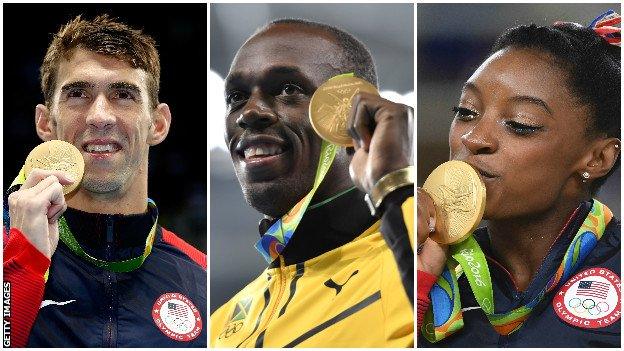
Between them, Michael Phelps, Usain Bolt and Simone Biles won 12 gold medals in Rio
The flame went out on the 2016 Olympics in Rio on Sunday, bringing to an end 16 remarkable days of sporting action.
More than 10,000 athletes, representing 207 nations, competed in 31 sports in Brazil, with 306 sets of medals awarded over the course of the Games.
Records were broken, history was made, legends confirmed and superstars born.
BBC Sport looks at the key stats to emerge from the event:
USA retain top spot

For the second successive Games, and the 17th time overall, the United States topped the medal table with 43 golds.
The nation's overall medal total of 116 is their highest since 1984, when they claimed 174 on home turf in Los Angeles.
The US were dominant in athletics, winning 31 medals (13 of which were gold) - 20 more than second-placed Kenya, who won six golds.
The nation also ruled in the pool, winning 33 of the 104 medals awarded, which is 32%. Of these medals, 16 were gold. Their nearest rivals, Australia, won 10 swimming medals (three gold).
The USA's Rio tally helped them achieve two notable historical milestones as they passed 1,000 golds and 2,500 Olympic medals overall. They have extended their sizable lead at the top of the all-time Olympic medal table.
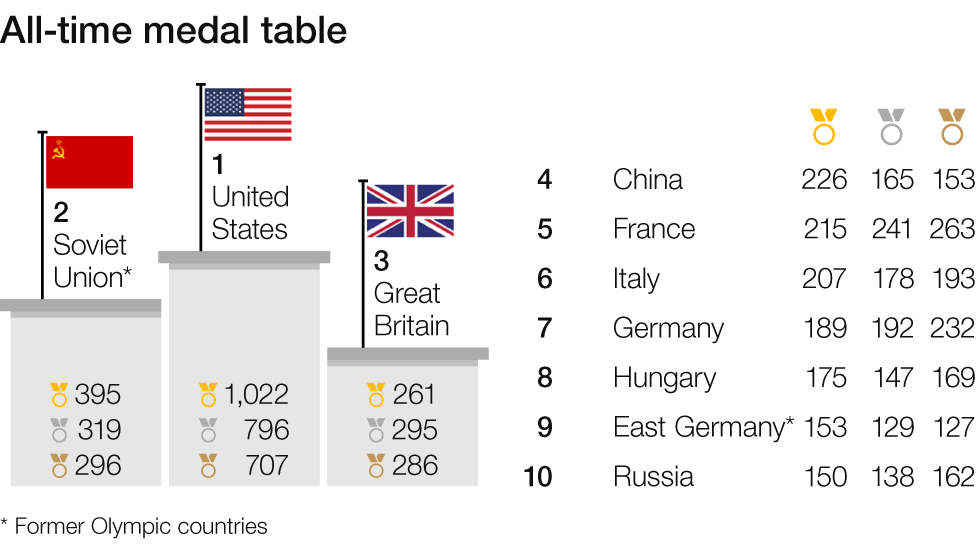
On the board...
Three nations won their first ever Olympic medal - Fiji (in the first ever Olympic men's rugby sevens), Jordan (Ahmad Abughaush in the men's -68kg taekwondo) and debutants Kosovo (Majlinda Kelmendi in the women's -52kg judo).
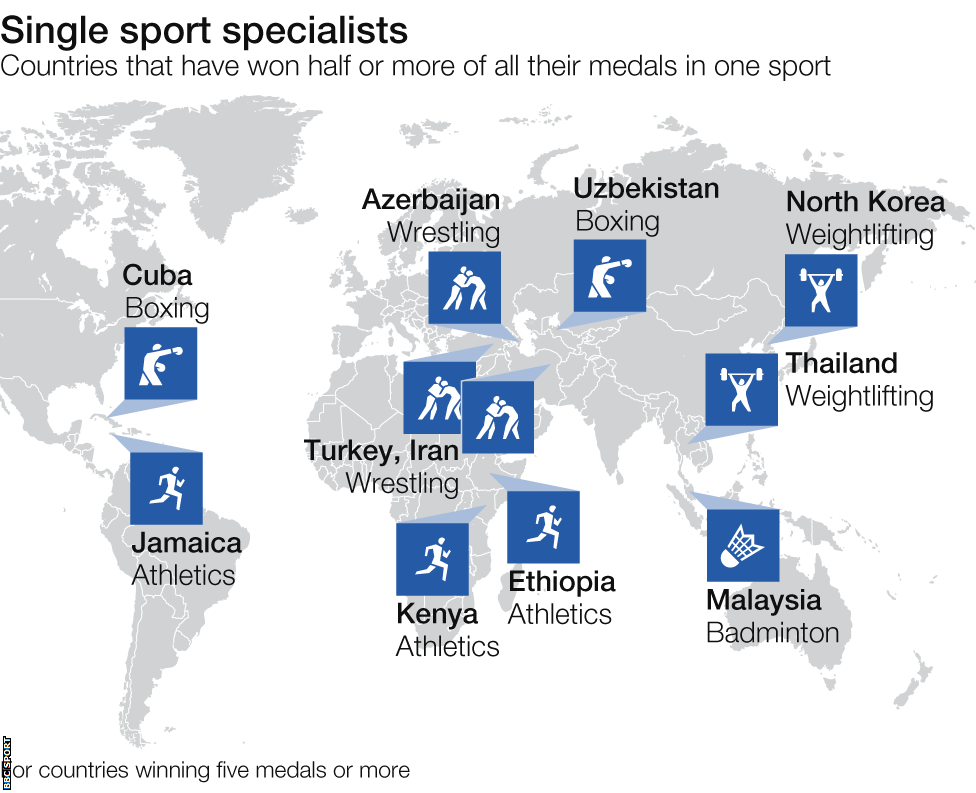
US trio top the medal charts
The USA also dominated the podium for multiple-medal winning athletes as Michael Phelps once again shone and fellow swimmer Katie Ledecky and gymnast Simone Biles enhanced their global reputation.
In his fifth Games, Phelps took his personal medal tally to 28 (23 golds, three silvers and two bronzes) courtesy of another stunning display in the pool.
Ledecky, 19, followed up her solitary gold in London in 2012 with four more, along with a silver, as she dominated the women's freestyle events.
In her Olympic debut, 19-year-old Biles added to her remarkable international medal haul with four golds and a bronze.
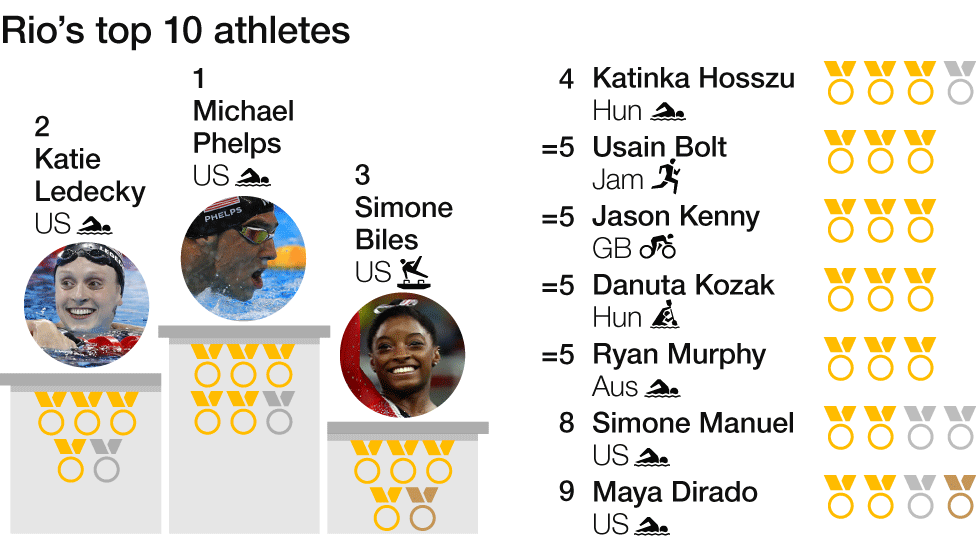
Lightning Bolt strikes again
In his final Games, Jamaica's Usain Bolt confirmed his status as the greatest sprinter of all time, winning three more golds to achieve an unprecedented Olympic 'triple triple' in the 100m, 200m and 4x100m relay.
Bolt's haul of nine golds is the joint highest among Olympic athletics, putting him equal with USA sprinter and long jumper Carl Lewis and Finnish long-distance runner Paavo Nurmi.
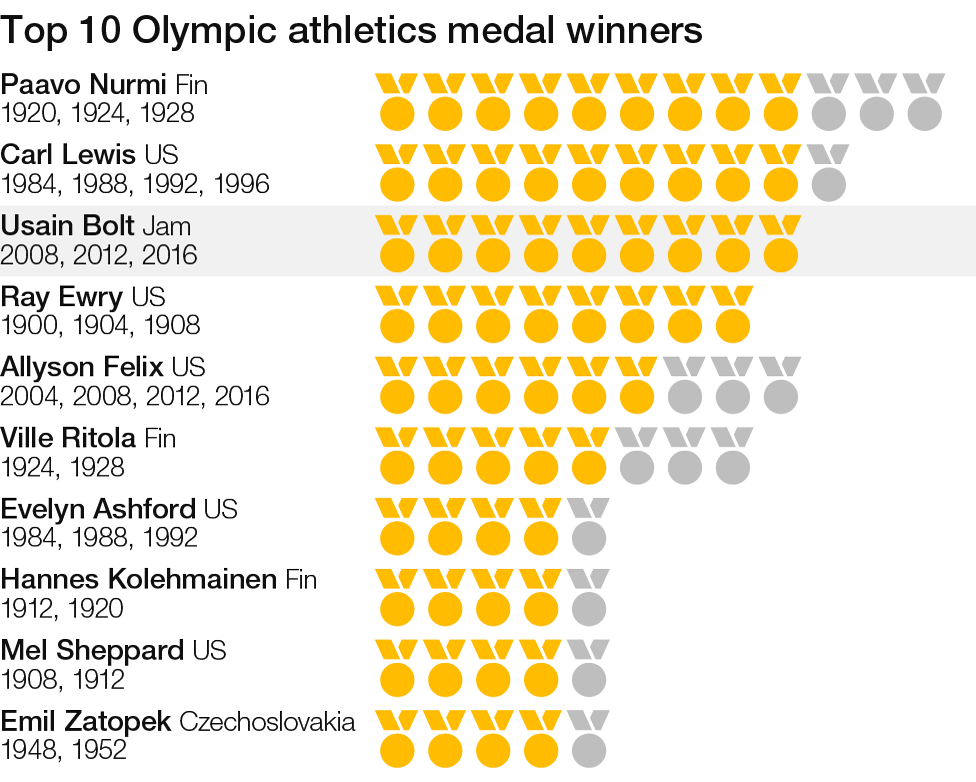
Some notable milestones
Japan's Kohei Uchimura became the first artistic gymnast in 44 years to successfully win back-to-back Olympic all-around titles. He also helped Japan take team gold for the first time since the Athens Games in 2004.
South Korea completed a clean sweep of archery's four gold medals for the first time to continue their dominance in the sport. Of the last 36 archery golds available (over nine Olympics), South Korea have won 23 - that is 76.67%.
Britain's Mo Farah became the first man to complete the 5,000m and 10,000m double at back-to-back Games since Finland's Lasse Viren at the Munich 1972 and Montreal 1976.
Team GB's Andy Murray became the first ever player to defend an Olympic individual tennis title on the same day that Justin Rose won the first Games golf gold in 112 years.
World-record holder Ashton Eaton of the USA became the first man to win back-to-back Olympic gold medals in the decathlon since Britain's Daley Thompson at the 1980 and 1984 Games. Eaton took the gold by equalling the Olympic record points tally of 8,893.
Jamaica's Elaine Thompson became the first woman to complete the sprint double at the Olympic Games for 28 years, following Florence Griffith-Joyner in Seoul in 1988.
China's Wu Minxia became the first diver to win five Olympic golds when she sealed victory in the women's 3m synchronised springboard event with Shi Tingmao.
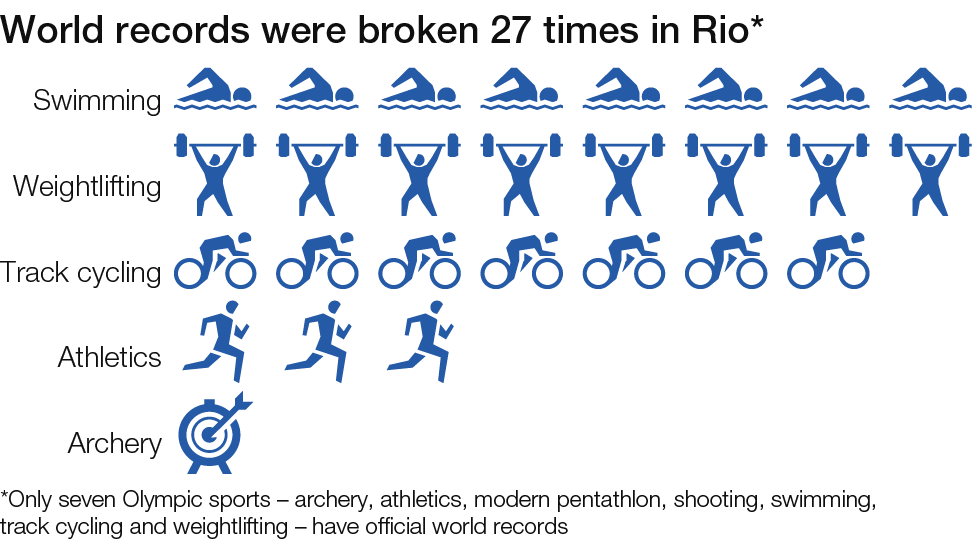
Records fall
27 new world records were set in Rio within the seven Olympic sports that recognise them - archery, athletics, modern pentathlon, track cycling, shooting, swimming and weightlifting.
American Ledecky claimed two of those, in the women's 400m and 800m freestyle.
The women's team pursuit cycling record was broken three times during the course of the event in Rio by Great Britain Katie Archibald, Elinor Barker, Joanna Rowsell-Shand and Laura Trott.
In athletics, Michael Johnson's 17-year-old men's 400m record was broken by South Africa's Wayde van Niekirk, while Ethiopia's Almaz Ayana smashed the women's 10,000m record, clocking 29 minutes, 17.45 seconds to take 14 seconds off Wang Junxia's 1993 time.
Gold medallist Anita Wlodarczyk broke her own world record in the women's hammer, setting a new distance of 82.29m - the sixth time the Pole has set a new record in the event.
A global games
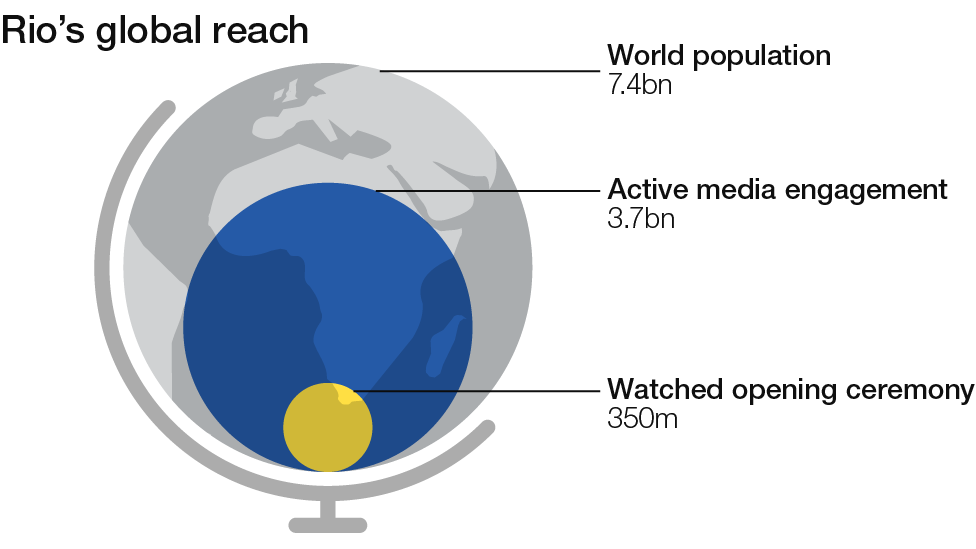
- Published22 August 2016
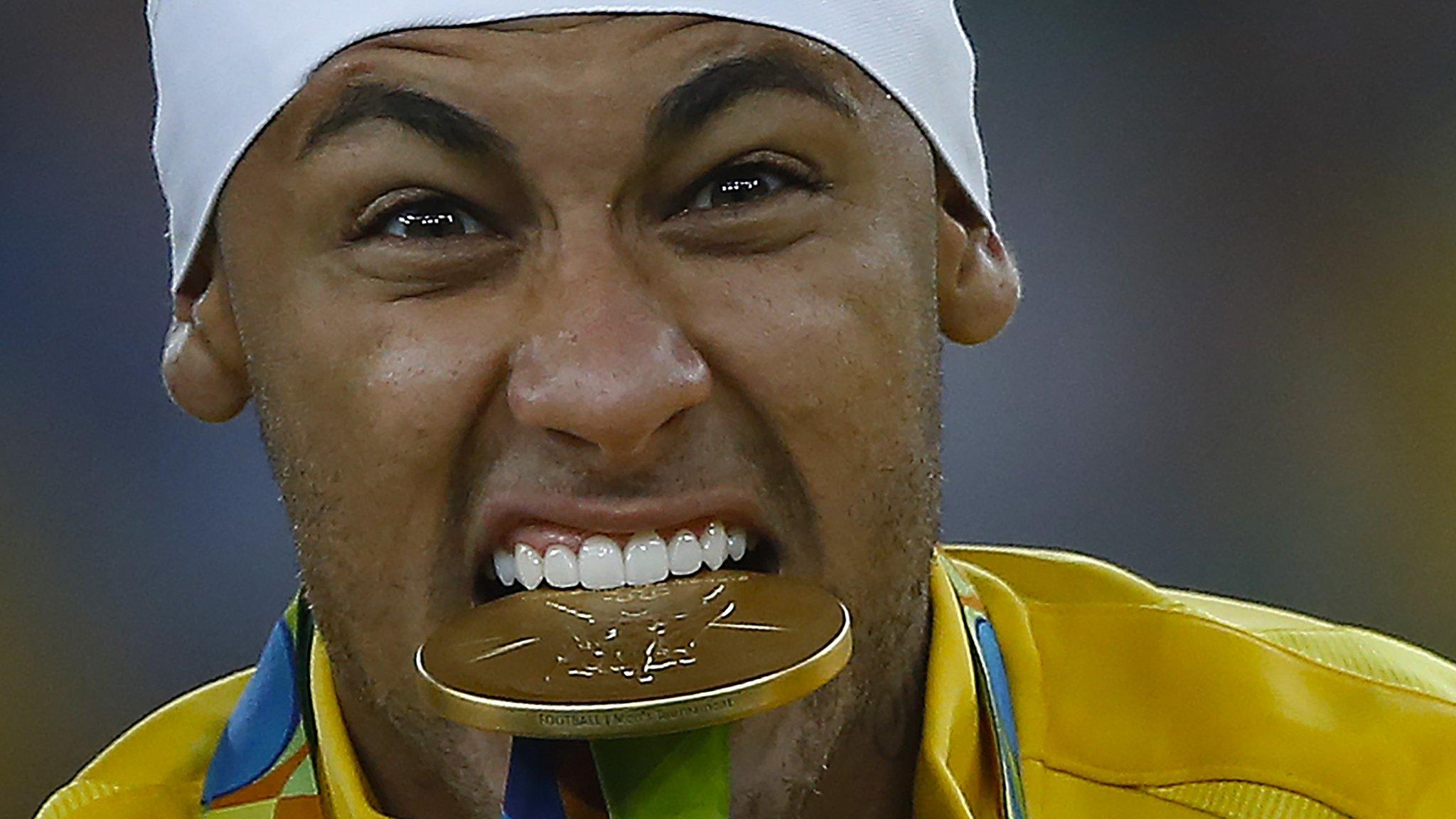
- Published21 August 2016
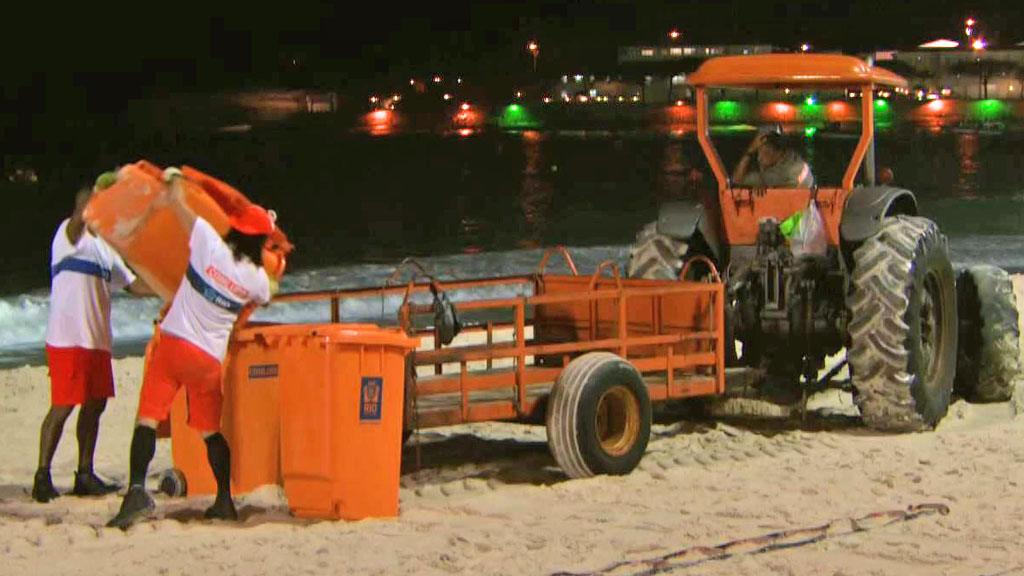
- Published21 August 2016
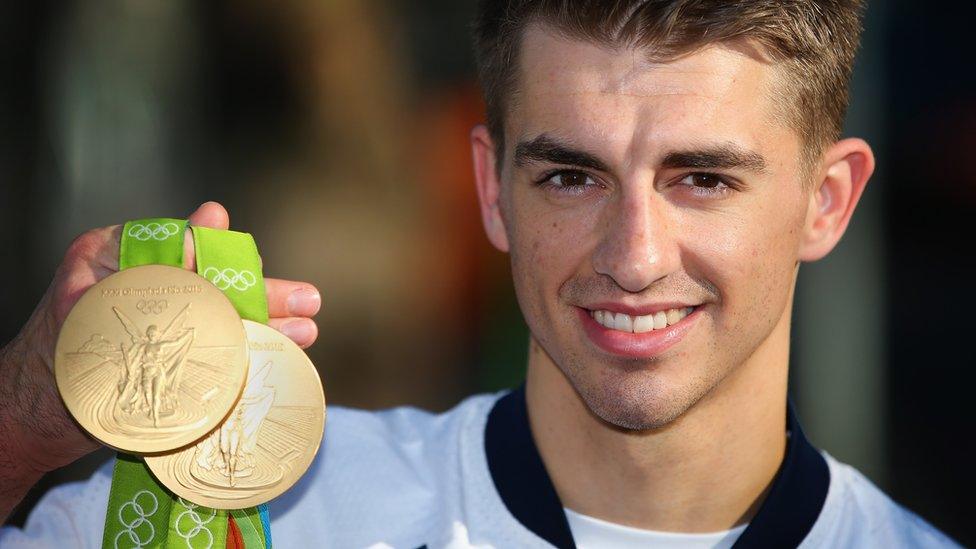
- Published18 August 2016

- Published19 July 2016
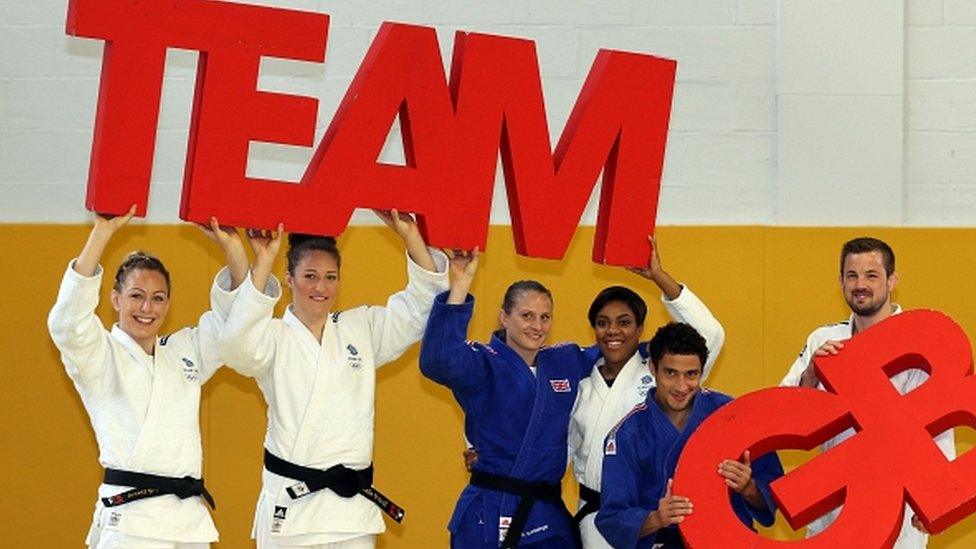
- Published3 August 2016

- Published3 August 2016
